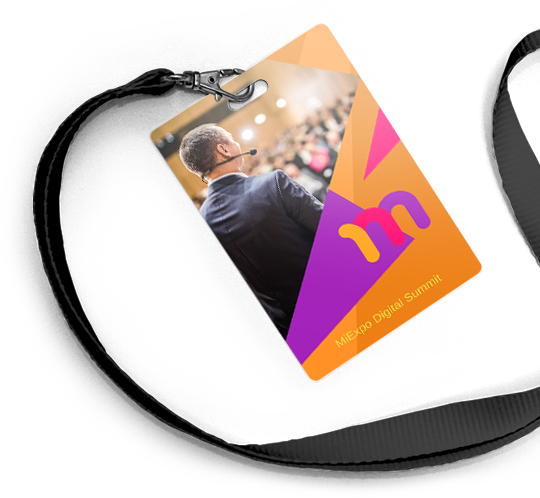The IN4OBE offers professional summits, networking opportunities, and research support in the various fields of outcomes-based education research and technologies. IN4OBE subscribes to the highest standards of ethical conduct, as detailed in the IN4OBE website.
In the scholarly publication, plagiarism occurs when an author copies the words, illustrations, and ideas without identifying the sources. Plagiarism is unethical because it represents the theft of the intellectual work of others and the subsequent misrepresentation of that work as the author’s own. An act of plagiarism not only violates intellectual property rights but is anathema to the principle of academic integrity, which is fundamental for scholarly research, writing, and publication. Accidental publication of plagiarized material can undermine the quality of a journal or proceedings.
When authors copy not from others but themselves by publishing the same article in multiple journals, the practice is called redundant or duplicate publication. Compared with plagiarism, the duplicate publication is generally considered less severe, but it is still unethical. (The only exception is when reprinting has been appropriately approved and permission obtained from the original copyright holder; e.g., a keynote speech that has also been published.) Duplicate publication of the same article wastes space in journals and reviewers’ time. Duplicate publication misrepresents the author’s record of scholarly contributions, and it corrupts meta-analyses of multiple studies on the same subject.
This policy outlines the steps that IN4OBE will take in response to allegations of plagiarism and duplicate publication involving articles published in or submitted to IN4OBE summit proceedings.



